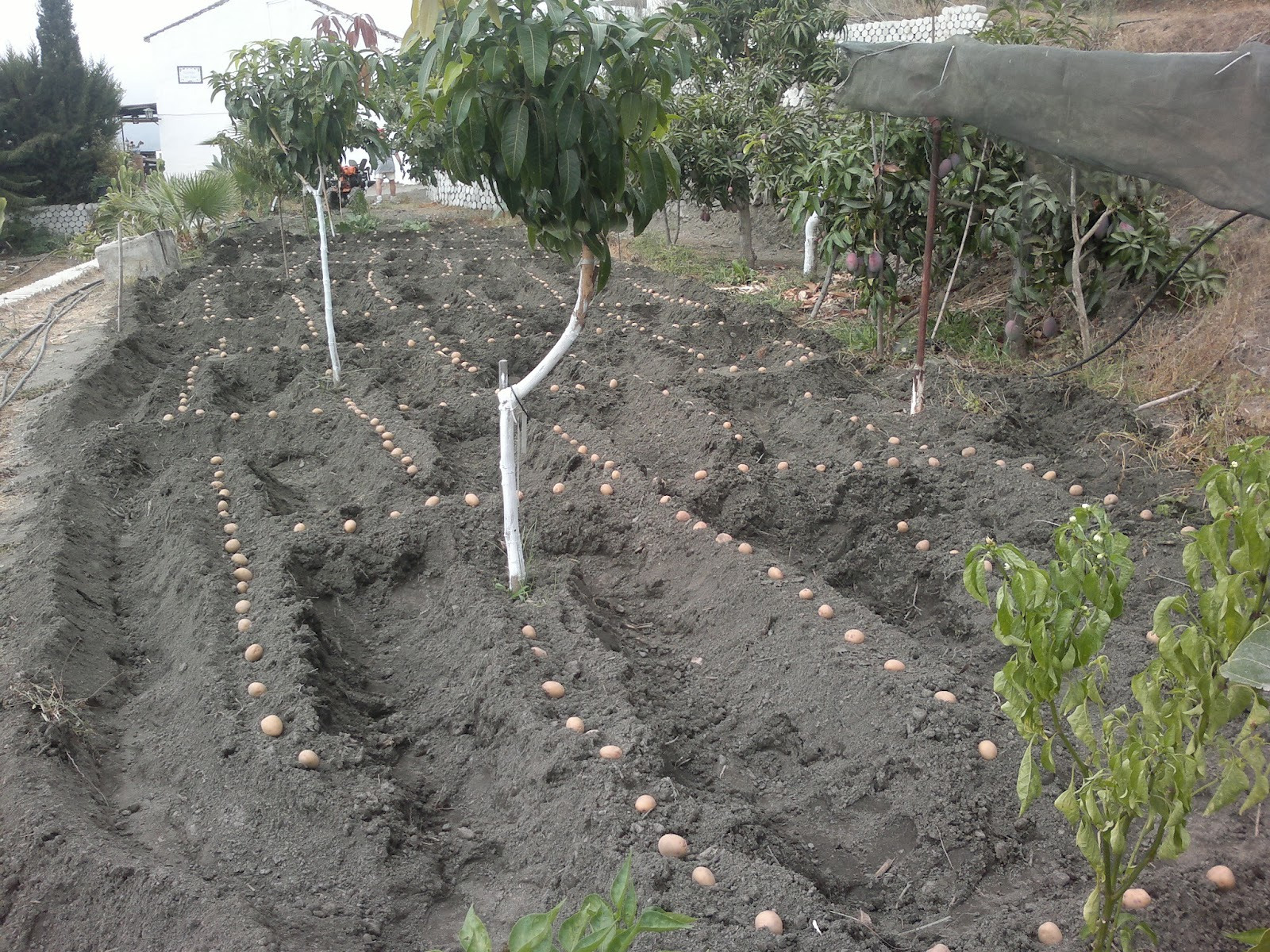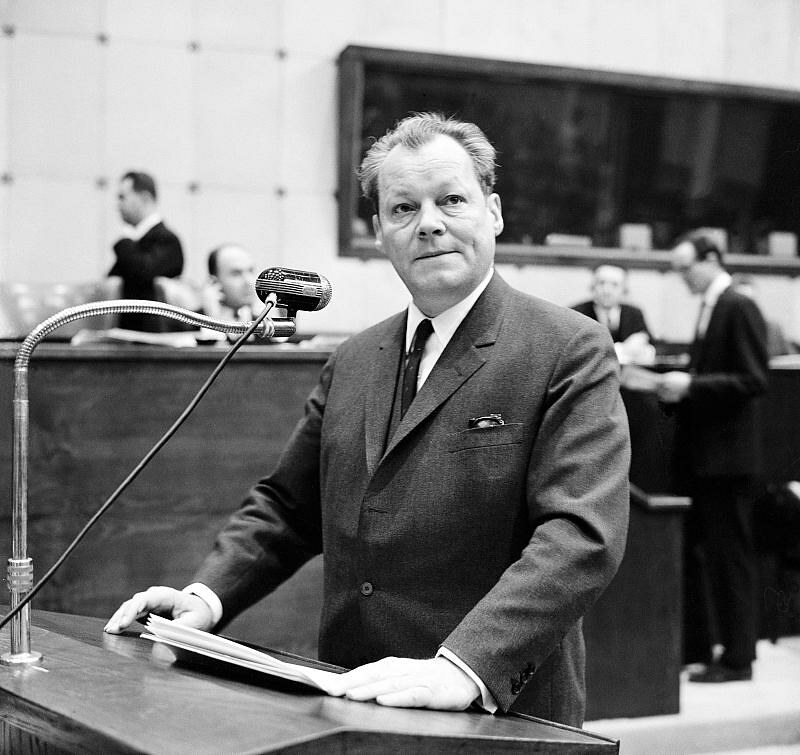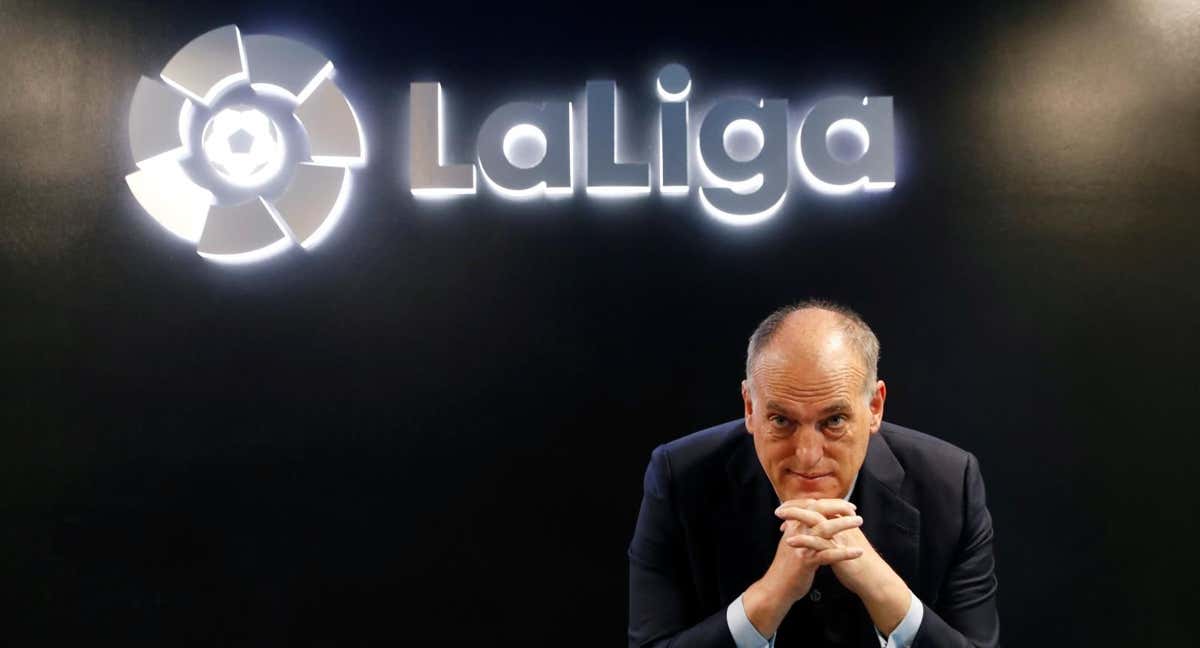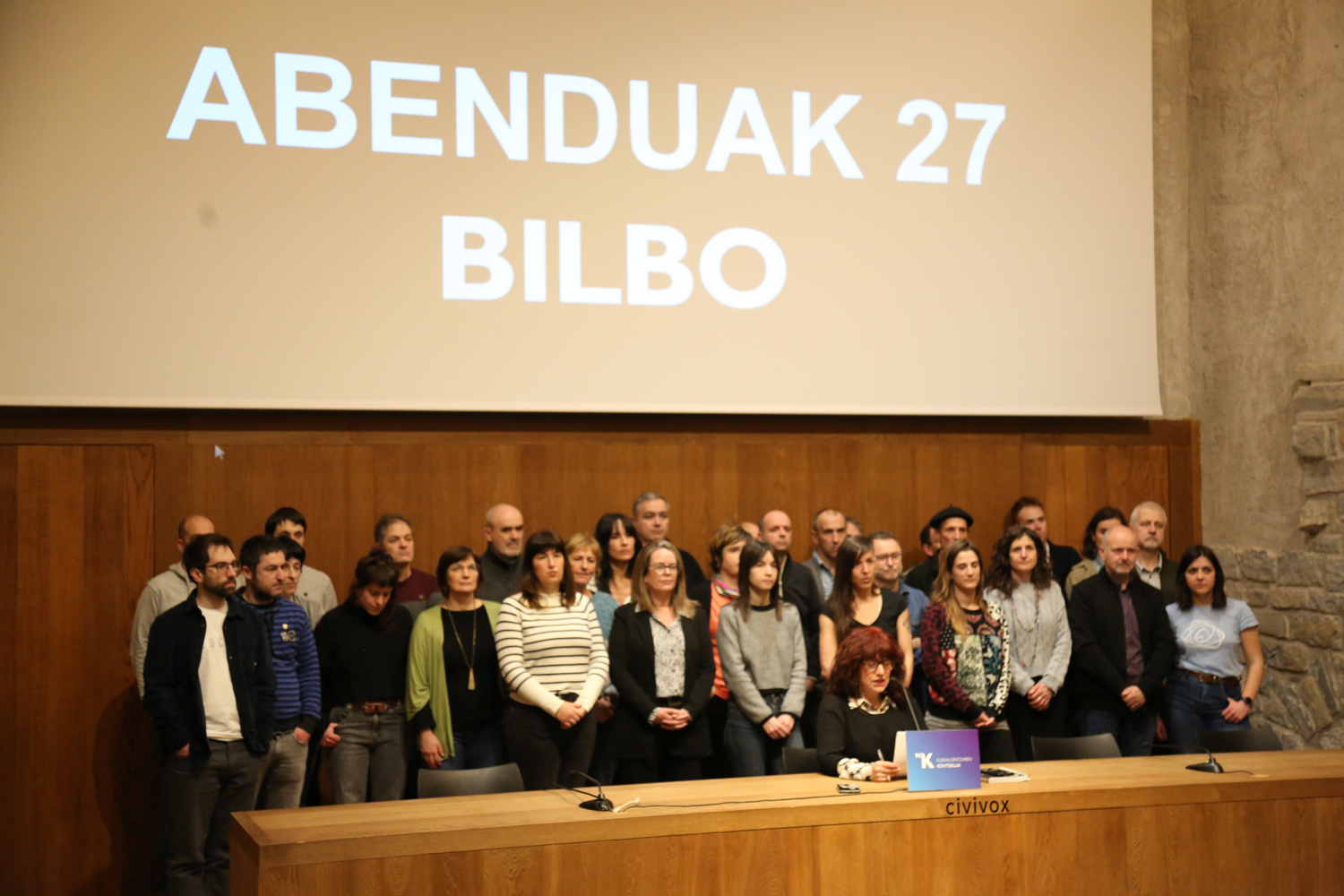"For Lancre the Basque was the language of the devil"
- The members of the association Eneko Aritza Lagunak released the film Sua this year, after seven years of filming in the Basque film. The film is based on the massacre that the Inquisitor Pierre de Lancre carried out in Lapurdi in the 18th century. Igartua is one of those responsible for production.
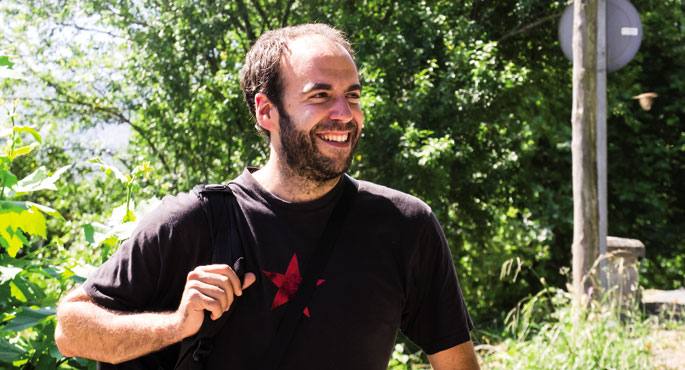
After the short Eneko Aritza (The War of Roncesvalles), you have returned to history. In particular, you have worked on inquisition.
With the first project we plan to tell a story of our own, but in the end came the script that unites Eneko Aritza and the Roncesvalles War with the history of Euskal Herria. We decided to go back to a topic of history. The main objective was to make known to the public some passages of the history of Euskal Herria.
Have you contributed anything from the historical point of view to inquisition?
No, historically there is no big contribution. He who knows what the inquisition process of Pierre de Lancre was. The goal has been to remind people. In fact, there will be everything, until I myself started this project I did not know much about the inquisition, but the case of Zugarramurdi has become much more known and we do not have the same knowledge and the same view about the massacre in Lapurdi.
Which source have you come to document?
The film's co-writer, Xague, read many books. In addition, we met with Toti Martínez de Lezea and other experts to inform us about the inquisition.
Was the Inquisitor Pierre de Lancre as cruel and powerful as it appeared in the film, according to the documents of the time?
Yes, and not just based on documents of the time. In the book De Lancre himself wrote in 1612, he states that he prosecuted 3,000 people, including 500 children, and that he tortured and killed more than 600 people. That is easy to say! In addition, it must be borne in mind that at that time many fishermen were going to fish and do business in Ternua. When they were not present, those who were burned in the inquisition process found less protection in the village.
The Church would also take responsibility for all this.
Pierre de Lancre came to Lapurdi with the support of the Church by sending Henri IV.ak. But there were priests who rebelled against this inquisitive process and were also tried and many of them were killed.
Who were the witches?
Until then the witches did not exist, it is a word that emerged from there. They were ordinary people, meeting to worship the earth and celebrate their feasts, and they were not poorly seen in the society of the time. But when the church came, everything changed. Some families started denouncing others for witchcraft for several reasons, with the support of the Church.
Most witches were women. What was the role of women at that time?
Women played a very important role in Basque society, as Pierre de Lancre himself assured in his books. He also wrote that the witches at the time in Lapurdi spoke in Basque and felt Basque, not French or Spanish. Euskera was the devil's language for Lancre. But in addition to women, Lancre opposed children and men, also clergy.
How did you get over 700 people to participate in the film?
We've been rolling all over Euskal Herria, and in every village we've tried to get people there to be encouraged to participate in the recording. Making contacts, putting up posters, making a recording through the media… Apart from us, many people have been encouraged and in the end, we have reached over 700 people.
Recording, transport, production, clothing, material, etc., ends up being a major expense. Where did you get the funding from?
It is a project carried out without money. From time to time we've put some concerts or some txosnas and we've taken some money, but the whole recording process has been thanks to the will of the people. We were paying for the snack and the petrol each. What we have had to pay for is post-production, but we have had a great deal of expenditure.
You also have curiosities, for example, when the police stopped you while driving a stroller in the car.
Not only did they see pigbug, but they also saw open vans and lots of swords, soldier suits, generator, gasoline, etc. We have been left with a number of controls and in each of them we have had to look for an excuse to leave in some way. We've had pretty adventures.
The two protagonists of the film were arrested and detained in Madrid prison.
It was a major blow to the project. One of the reasons why it was finally based on inquisition was because it seems to us that this inquisition is being repeated today, and we ourselves have had to bear it. At the heart of the film, we were arrested by two of the protagonists, and although they later absolved us, that remains there. They took some fragments of the film and those images we haven't recovered yet.
In Maule Castle, along with some 300 friends who approached to record the revolt, they organized a kalejira and an akelarre after the recording. What is the current akelarre like?
The Akelarres of today, at least the ones we organize, are like the ones of before. Put the crew together, make a good dinner, give with the mandringer and from there put some music, dance, have fun, tie... In our view, the old akelarre was a kind of party that was used to worship the land.
Do you have any other projects in mind for the future?
The projects are always on the head, but it has to be said that this last project has burned us a lot and that after so many years the situation has also changed. Anyway, I think something is going to come out, maybe it's not a movie, it can be a theater play, or who knows. For the time being, we are broadcasting the film Sua, in the towns that call us. It is a project that we have taken out of the village, we leave it in the hands of the people, and we will be happy to show our project in any village.
Pierre de Lancre (1553, Bordele -1631, Paris) jurista eta funtzionario frantziarra izan zen. Izatez Errostegi abizena zuen, aitona baxenafarra baitzuen. Baina euskal jatorriaz ez zuen ezer jakin nahi eta Lancre abizen frantsesagatik aldatu zuen. 1609an Henri IV.ak Lapurdira bidali zuen sorginkeria kontuak ikertzera eta inkisizioak Euskal Herrian egin duen sarraskirik handiena burutu zuen. Lancrek ez zituen lapurtarren ohiturak ulertu nahi izan, deabruarekin lotzen baitzituen.
2002. urteko abenduan Algorta eta Tolosaldeko –batez ere Ibarrako– hainbat gazte Urruñan elkartu ziren kamera txiki batekin, asmo handiegirik gabe. Pixkanaka Eneko Aritza (Orreagako guda) film laburra egin zuten, 80 bat lagunen parte-hartzearekin. Herriz herri filma erakutsi eta arrakasta zuela ikusita, Sua lanari ekin zioten. “Film laburra bost asteburutan grabatu genuela-eta, pelikula hamar asteburutan egin genezakeela pentsatuz abiatu ginen, baina zazpi urte behar izan ditugu azkenean”. Egun, kultur, kirol nahiz aisialdi ekintzak hartzen dituen kultur elkartea da Eneko Aritzaren Lagunak.
Pasa den asteko "kaleratze ilegala" salatu dute hainbat herritarrek, ostiral arratsaldean.
Manifestazio jendetsu batek herriko kaleak zeharkatu ditu, Poliziaren gehiegizko dispositibo batek zainduta, gazteek kudeatutako guneen defentsan eta Gaztetxeak erasoen aurrean defendatzeko. Manifestazioaren amaieran, publiko egin dute iragarpena.
Historia errepikatzen dela idatzi zuen Marxek, “lehenik tragedia gisa, gero fartsa moduan”. Armagintzaren eta militarismoaren inguruan errepikapen hutsa ez, espiralean goraka doan buklea ari gara bizitzen, fartsatik asko duena, eta tragedian amaitzeko gero eta aukera... [+]
Astelehen honetan hasita, astebetez, Jon Miranderen obra izango dute aztergai: besteren artean, Mirande nor zen argitzeaz eta errepasatzeaz gain, bere figurarekin zer egin hausnartuko dute, polemikoak baitira bere hainbat adierazpen eta testu.
Udaberrian orain dela egun gutxi sartu gara eta intxaurrondoa dut maisu. Lasai sentitzen dut, konfiantzaz, bere prozesuan, ziklo berria hasten. Plan eta ohitura berriak hartu ditut apirilean, sasoitu naiz, bizitzan proiektu berriei heltzeko konfiantzaz, indarrez, sormen eta... [+]
Itsasoan badira landareen itxura izan arren animalia harrapari diren izaki eder batzuk: anemonak. Kantauri itsasoan hainbat anemona espezie ditugun arren, bada bat, guztien artean bereziki erraz atzemateko aukera eskaintzen diguna: itsas-tomatea.
Ohe beroan edo hotzean egiten da hobeto lo? Nik zalantzarik ez daukat: hotzean. Landare jaioberriek bero punttu bat nahiago dute, ordea. Udaberriko ekinozio garai hau aproposa da udako eta udazkeneko mokadu goxoak emango dizkiguten landareen haziak ereiteko.
Duela lau urte abiatu zuten Azpeitian Enkarguk proiektua, Udalaren, Urkome Landa Garapen Elkartearen eta Azpeitiako eta Gipuzkoako merkatari txikien elkarteen artean. “Orain proiektua bigarren fasera eraman dugu, eta Azkoitian sortu dugu antzeko egitasmoa, bere izenarekin:... [+]
Azken aldian, asteburuetan, Internet ez dabil ondo. Hasieran, zaila zen webguneei ezarritako blokeoen zergatia ulertzea; orain, badakigu Espainiako La Ligak agindu zituela, futbola modu ilegalean emititzea saihesteko. La Ligaren blokeoak euskal domeinuei eragiten dien... [+]
Bilbon eginiko aurkezpenean iragarri dute ekitaldia, euskarari "arnas berri bat emateko eta behar duen indarraldia gorpuzten hasteko" lehen urratsa izango dela nabarmenduta. Euskaltzale guztiei, baina, oro har, "justizia sozialean eta gizarte kohesioan aurre... [+]
Aljeriatik datoz Mohamed eta Said [izenak asmatuak dira], herri beretik. “Txiki-txikitatik ezagutzen dugu elkar, eskolatik”. Ibilbide ezberdinak egin arren, egun, elkarrekin bizi dira Donostian, kale egoeran. Manteoko etxoletan bizi ziren, joan den astean Poliziak... [+]
Olatz Salvador
Noiz: martxoaren 15ean.
Non: Deustuko jaietan.
------------------------------------------------
Martxoak beti du deustuarrontzat kolore berezia; urtero ospatzen ditugu jaiak, San Jose egunaren bueltan. Bi asteburu bete festa, eta urtetik urtera Deustuko... [+]











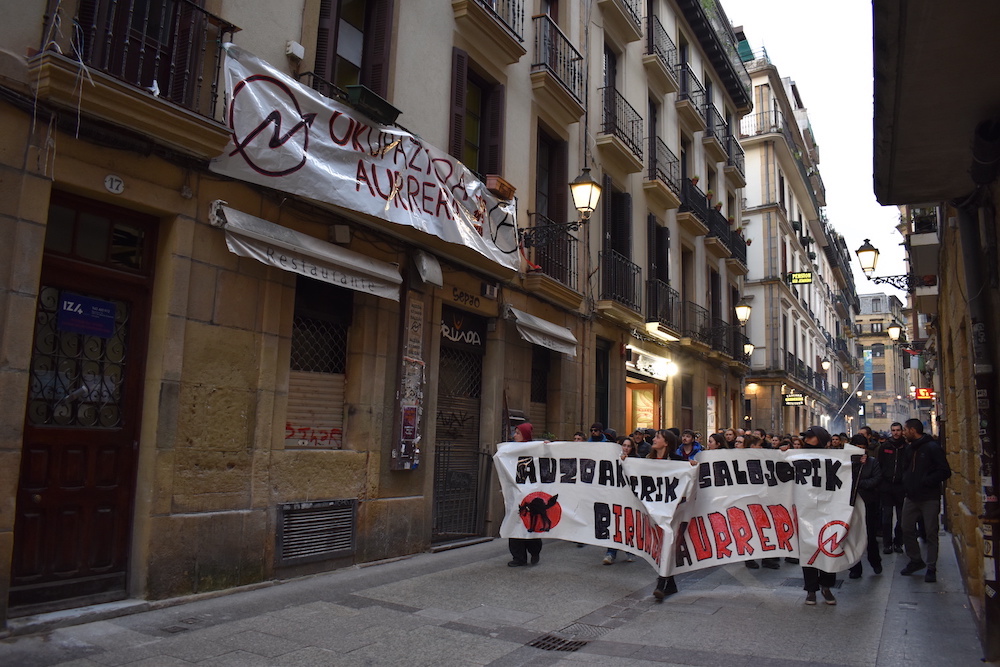
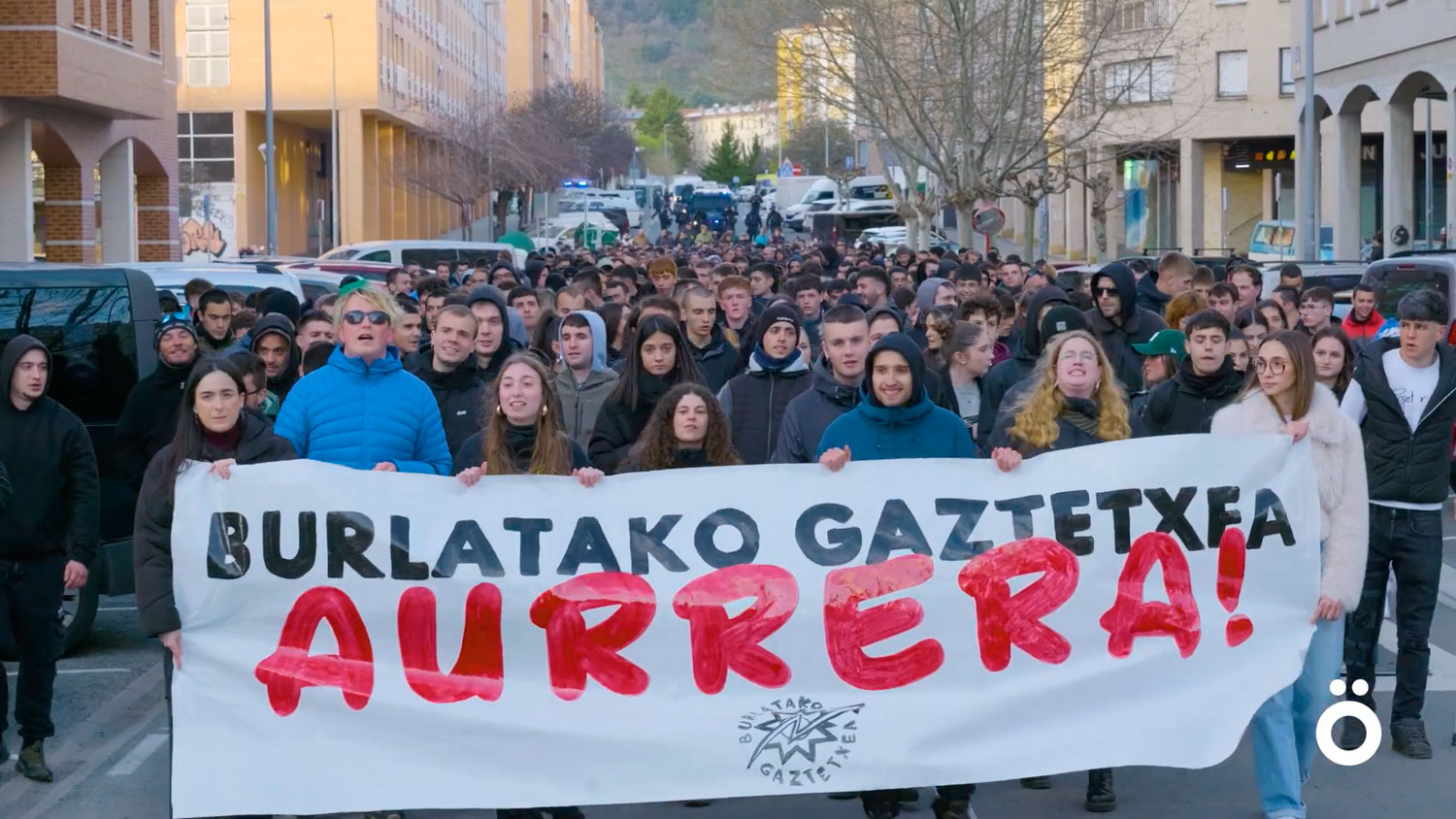
.jpg)


